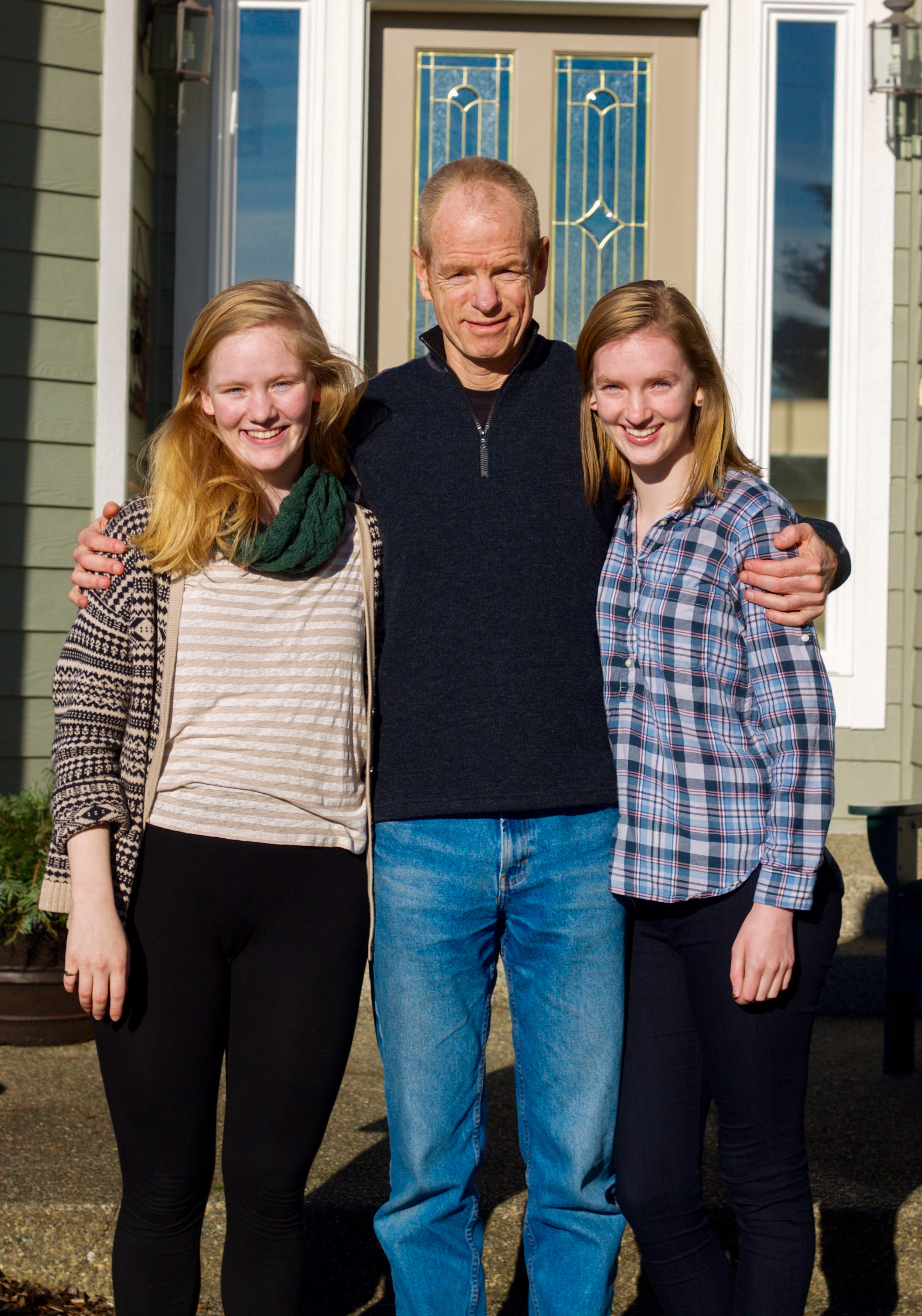Mr. Money Mustache, a former engineer and Longmont, Colorado-based blogger, has struck a chord with his retire early gospel. To the tune of about 800,000 separate vistors and 3.5 million page views a month. A large part of his appeal is his directness about people’s tendency to waste money unnecessarily.
I like his thesis that community is far more fulfilling than material pursuits, but dislike the groupthink his followers often display.
His advice is to get a good paying job (easier written than done) and then work for 10-15 years saving half of what you earn. Then, when you have $500k or so saved up, quit work and spend time doing whatever you find most meaningful. For him that’s blogging, carpentry, and spending time with family and friends. $500k is far less than nearly every other retirement “expert” recommends saving. MMM believes everyone can do what his family does, live quite comfortably on about $25k a year.
Their house is paid off and they have one inexpensive car that they rarely use. Instead, they bicycle almost everywhere. His most recent post was titled “Bicycling: The Safest Form of Transportation”. That post has generated over 360 comments, many which consisted of a mathematical back and forth, some challenging his use of statistics, others defending him.
In reply to one commenter, he shouted, “You can’t disagree with the math by listing four pieces of anecdotal evidence!” And then, at the end of the of the same reply added what might be the engineers’ motto, “Calculations and spreadsheets for everything.”
These aren’t just the words of one widely read blogger, they succinctly articulate the central message of a wide range of policy makers that see data analysis as a panacea for nearly all of society’s ills. That belief, “calculations and spreadsheets for everything,” is what informs the emphasis upon STEM education—science, technology, engineering, and math—at the expense of the the humanities, the arts, and foreign languages.
I can’t help but wonder if MMM only interacts with other engineers with the exact same “calculations and spreadsheet” worldview. Mind boggling that someone as smart as him believes that any spreadsheet might make someone less afraid to ride their bike across a major metropolitan area. As if phobias are rational and can simply be argued away with math. If that was true, people wouldn’t see psychologists, they’d see mathematicians. “Let’s see, you’re afraid of flying in airplanes. Take a look at this spreadsheet then.”
Engineers think people are rational. If that were true, people would change their favorite Starbucks order based on their new calorie charts and every investor would always buy low and sell high. A more realistic counter motto is “Subjective emotions for everything”. Few people study calculations and spreadsheets when making friends, love, or decisions about how to get to and from work. They do it based upon a messy, unscientific, imperfect combination of intuition, feel, and emotion.
That’s what engineers get wrong.


